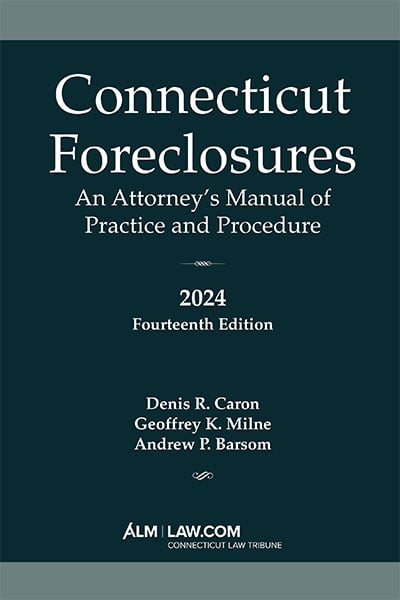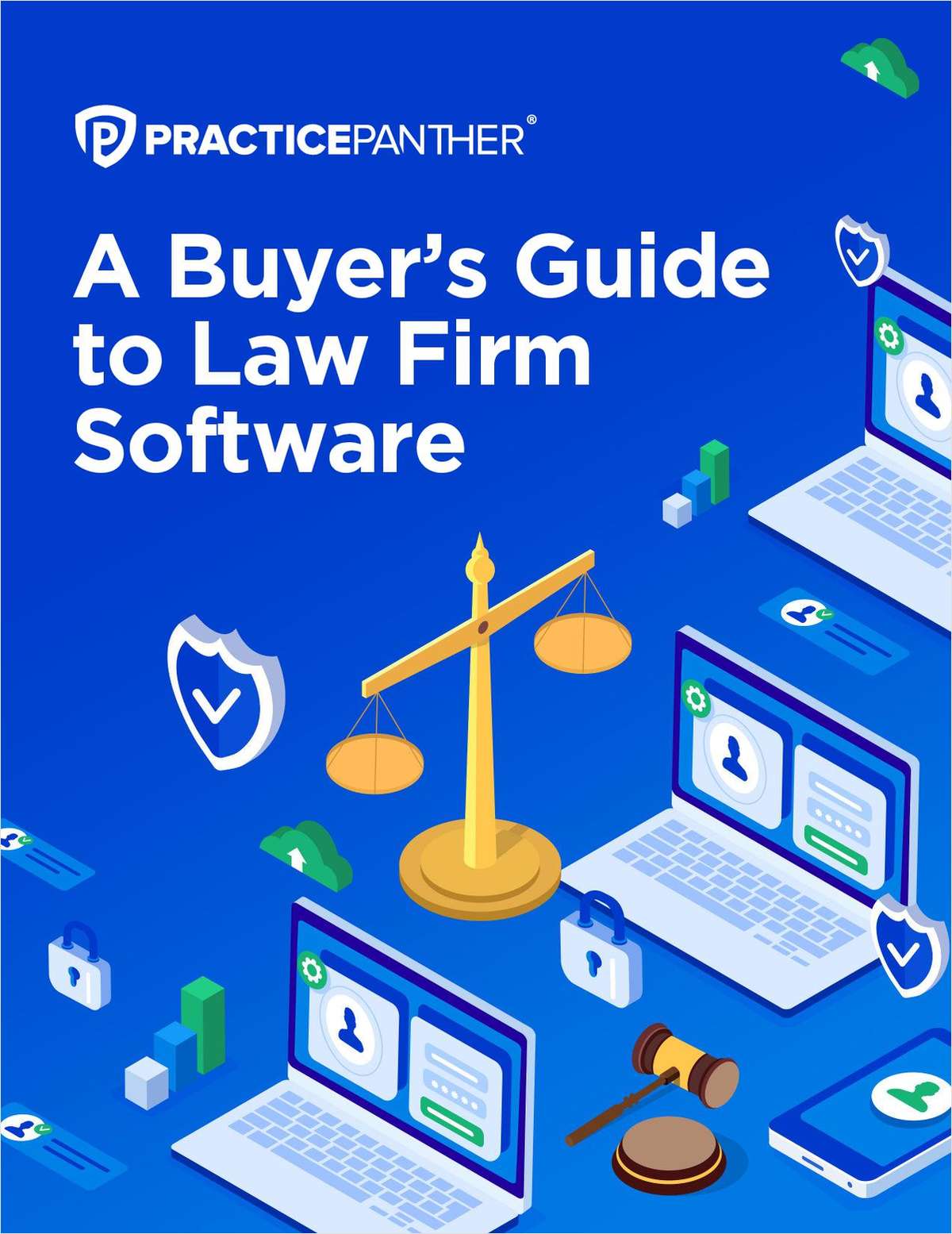0 results for 'Thomas A. Moore and Matthew Gaier'

Notices to Admit in Medical Malpractice Actions
Thomas A. Moore, senior partner at Kramer, Dillof, Livingston & Moore, and Matthew Gaier, a partner at the firm, write that a notice to admit in a malpractice action should never inquire about the standards of care, causation, or any other matter that is properly the subject of expert opinion, nor should they be used to seek admissions as to any issue that a party should reasonably anticipate to be seriously contested at trial.

Delay in Diagnosis and Types of Cancer
In their Medical Malpractice column, Kramer, Dillof, Livingston & Moore's Thomas A. Moore and Matthew Gaier discuss the manner in which the courts have addressed causation in particular types of cancers, the prognosis and treatments for which may vary widely. With some, a few weeks delay in diagnosis may be the difference between life and death. For others, even a lengthy delay may have no impact on the prognosis or treatment.
Causation Issues With Delay in Diagnosing Cancer Cases
In their Medical Malpractice column, Thomas A. Moore, senior partner at Kramer, Dillof, Livingston & Moore, and Matthew Gaier, a partner at the firm. write that the determination of whether diagnosis at or near the time of the malpractice would have saved the patient's life can be dependent upon many factors.
Budget Bill's 'Tort Reform' Targets Rights of Injured Children
In their Medical Malpractice column, Thomas A. Moore, senior partner at Kramer, Dillof, Livingston & Moore, and Matthew Gaier, a partner at the firm, discuss the State's civil justice system, the incremental erosion of the rights of tort and medical malpractice victims, and how the New York medical establishment has made a strong push to obtain legislation to deny justice to persons injured by negligent medical care.View more book results for the query "Thomas A. Moore and Matthew Gaier"


Summary Judgment and Timing of Expert Disclosure
In their Medical Malpractice column, Thomas A. Moore, senior partner at Kramer, Dillof, Livingston & Moore, and Matthew Gaier, a partner at the firm, write that in recent years, a question has been raised as to whether expert affidavits submitted on summary judgment motions should be rejected if an expert disclosure under CPLR 3101(d) was not served prior to the filing of the note of issue.
Offering and Limiting Evidence of Bias
In their Medical Malpractice column, Thomas A. Moore and Matthew Gaier, partners of Kramer, Dillof, Livingston & Moore, review cases addressing the juxtaposition of exclusionary rules of evidence with a litigant's right to demonstrate a witness' bias in a malpractice action, either bias toward the plaintiff if the witness was a defendant who has since settled or toward the defense if the physician witness is insured by the same liability carrier as a defendant.


TRENDING STORIES
More from ALM
- Morgan & Morgan Class Action Attorneys Detail Pathway to Success Within Cybersecurity and Data Privacy Practice 1 minute read
- Holwell Shuster & Goldberg Partners Leverage 'Hostile' Witnesses to Secure $101 Million Verdict Against Walmart 1 minute read
- Legal Speak at General Counsel Conference Midwest 2024: Mike Andolina, Partner, White & Case 1 minute read
Resources

State AI Legislation Is on the Move in 2024
Brought to you by LexisNexis®
Download Now

2024 ESI Risk Management & Litigation Readiness Report
Brought to you by Pagefreezer
Download Now

Creating a Culture of Compliance
Brought to you by Ironclad
Download Now

A Buyer's Guide to Law Firm Software
Brought to you by PracticePanther
Download Now



